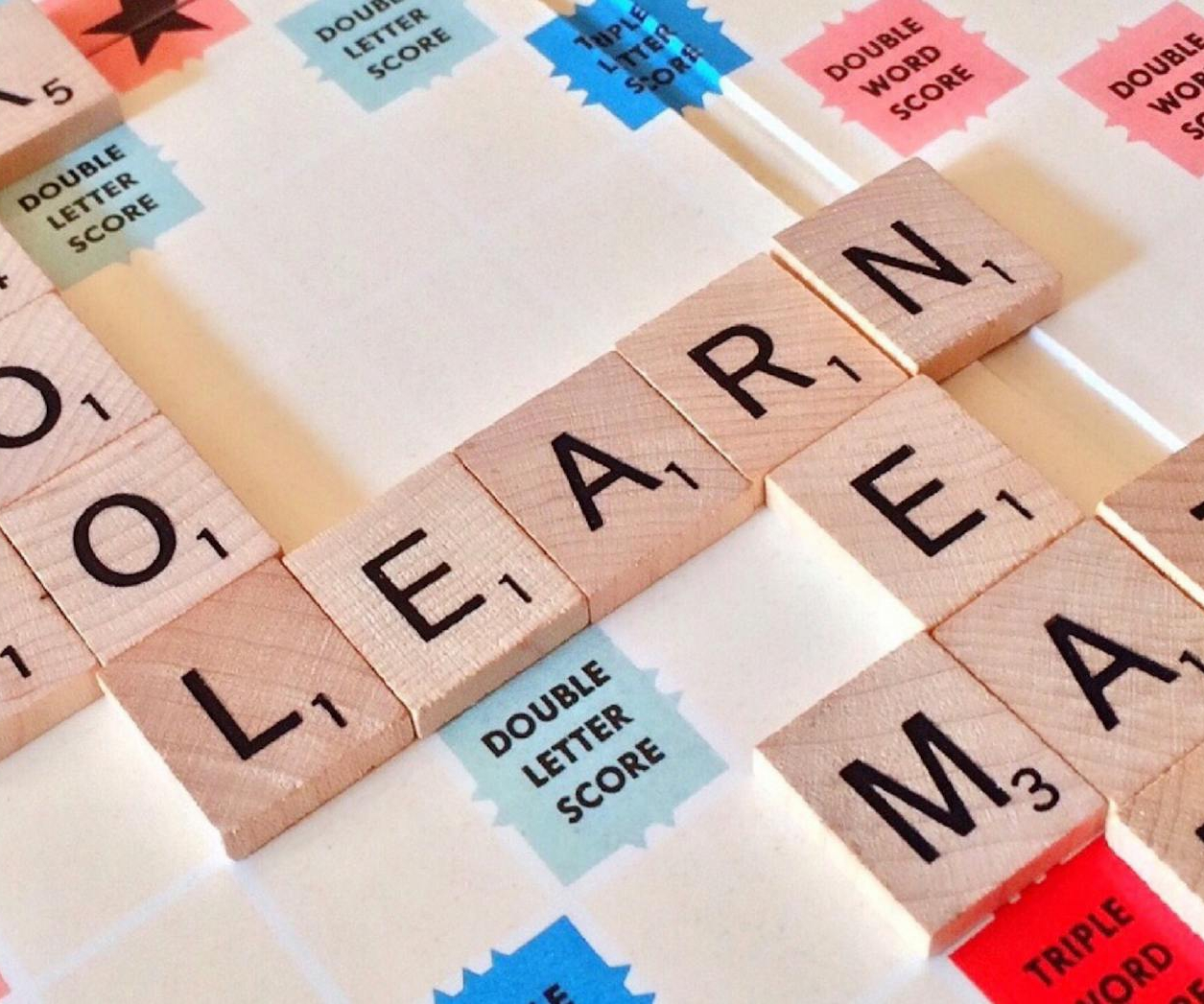
Photo by Pixabay on Pexels.com
In our recent article in Teaching in Higher Education, we explored how authentic assessment practices could promote students’ epistemic agency: their agency in using, evaluating and producing knowledge. We see epistemic agency as the ultimate goal of university education. In universities, we argue, teaching should centre around knowledge and knowing. Yet, knowledge is useless if it is not, well, used. Hence, the two sides of the concept of ‘epistemic agency’ are important: knowledge and agency.
You can read the article to grasp the whole story, but in a nutshell, we found that carefully designed authentic assessment practices not only promoted student learning but their positioning as ‘epistemic agents’. The authentic assessment task included students using real data in the context of undergraduate archaeology. The students made a contribution to public knowledge about archaeology. Many described this as a formative experience:
“It’s really meaningful because undergraduate students don’t usually have a chance to reach out to the public. It pushes us to be a bit more ambitious and more aware that what we’ve done in this class eventually needs to serve the public.”
In this blog post, we summarise the key tenets of the study. What did we learn about promoting students’ epistemic agency?
The power of assessment
First, we emphasise the crucial role of assessment in the quest to promote students’ critical engagement with knowledge. It is not uncommon that students are asked to critically engage with knowledge during teaching practices – say, during classroom conversations – but then, in assessment, they are asked to recite or, at best, apply knowledge. At the same time, there is a risk that ‘student-centred’ assessment practices, such as authentic assessment, ask students to develop their ’21st-century skills’ and ’employability skills’ while leaving knowledge neglected.
Our study reminds us about the power of assessment in directing students’ attention towards disciplinary values and knowledge structures. Authentic assessment holds a lot of power in how it might shift students’ understanding of themselves from ‘active learners’ to ‘knowledge contributors’.
The power of individual courses and teachers
Our study also brings forth the power of individual courses and teachers in promoting students’ epistemic agency. Many critical scholars have written about the socio-political shifts in university education that disrupt students’ critical relationship with knowledge: neoliberalisation, McDonaldisation, marketisation, casualisation, students as customers…
We acknowledge that these macro-level changes reflect upon the daily classroom situations in universities. More than that: we have felt these changes in our bones ourselves. How frustrating it feels when, as a teacher, you cannot change the structures and dominant discourses of higher education! It is easy to feel hopeless in these situations.
And even then, this project has made us realise that individual courses, teachers and assessment methods matter. While our study only provides small-scale data on the longer-term effects of the authentic assessment design (five interviews, four months after the course), this is something that surely warrants further investigation. Typically, when we think about individual, special learning experiences in universities, we think about dissertations and placements. Yet, ‘ordinary’ coursework can be just as powerful in promoting students’ epistemic agency.
The power of partnerships
Finally, our project sheds light on the power of teacher-research partnerships in promoting students’ critical relationship with knowledge. Our project was a collaboration between an assessment scholar (Juuso), an expert on agency, yet typically with younger students (Eeva) and an archaeologist (Peter). The final product is a true collaboration between various disciplinary fields of knowledge. The research design was built upon Peter’s innovative course design. Juuso and Eeva learned a lot about pedagogy despite being the ‘pedagogical experts’ in the project. Indeed, our study notes that many times, these innovative pedagogical designs never make their way into articles in journals such as Teaching in Higher Education.
While we had no space to elaborate on this in the paper, it was not only the students whose epistemic agency was promoted. Ours was, too! While observing the lectures, interviewing the students and browsing through the course materials, Juuso learned archaeology – and he learned how that knowledge could be used to contribute to digital humanities and cultural heritage. In fact, later on, he ended up in the mountains of Armenia as a part of Peter’s archaeological project! Eeva deepened her knowledge about higher education research and has implemented new teaching practices in her courses that are inspired by Peter’s, as well as by authentic assessment literature. Finally, Peters’ epistemic agency as an educational researcher was increased as he gained the confidence to produce higher educational knowledge. In other words, the project was a win-win situation for everyone involved!
Juuso Henrik Nieminen (University of Hong Kong), Eeva Haataja (University of Helsinki) and Peter J. Cobb (University of Hong Kong)
